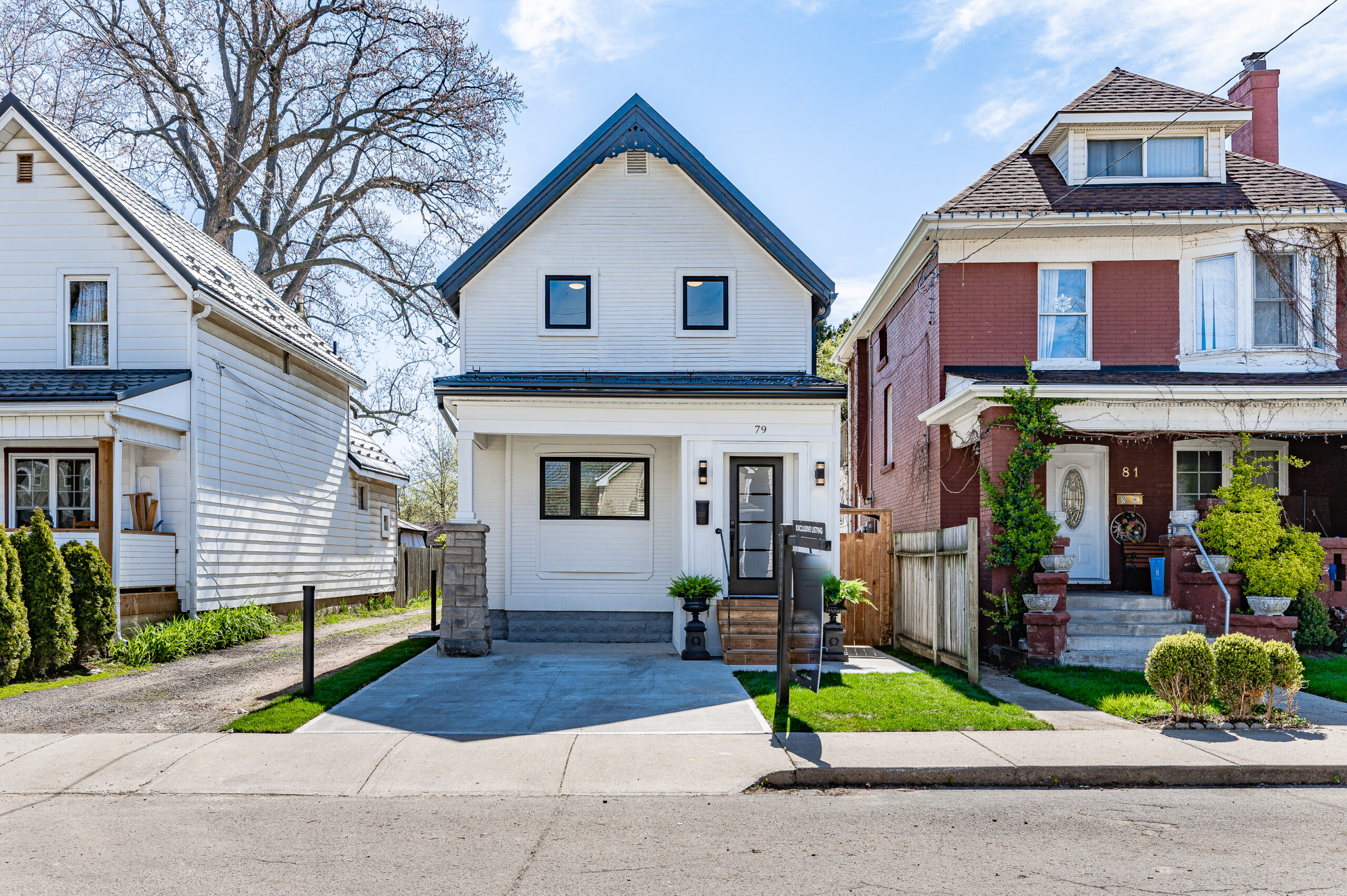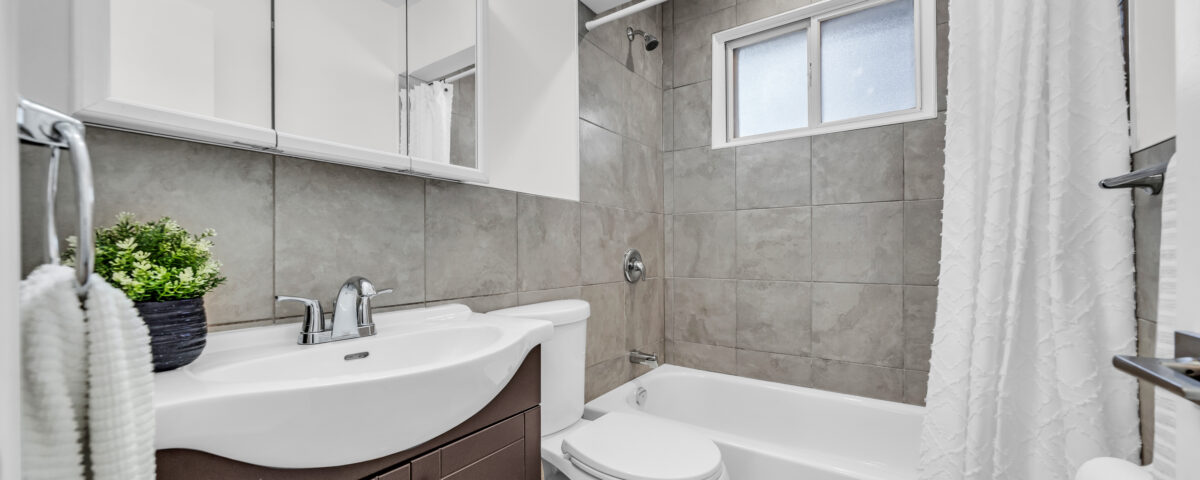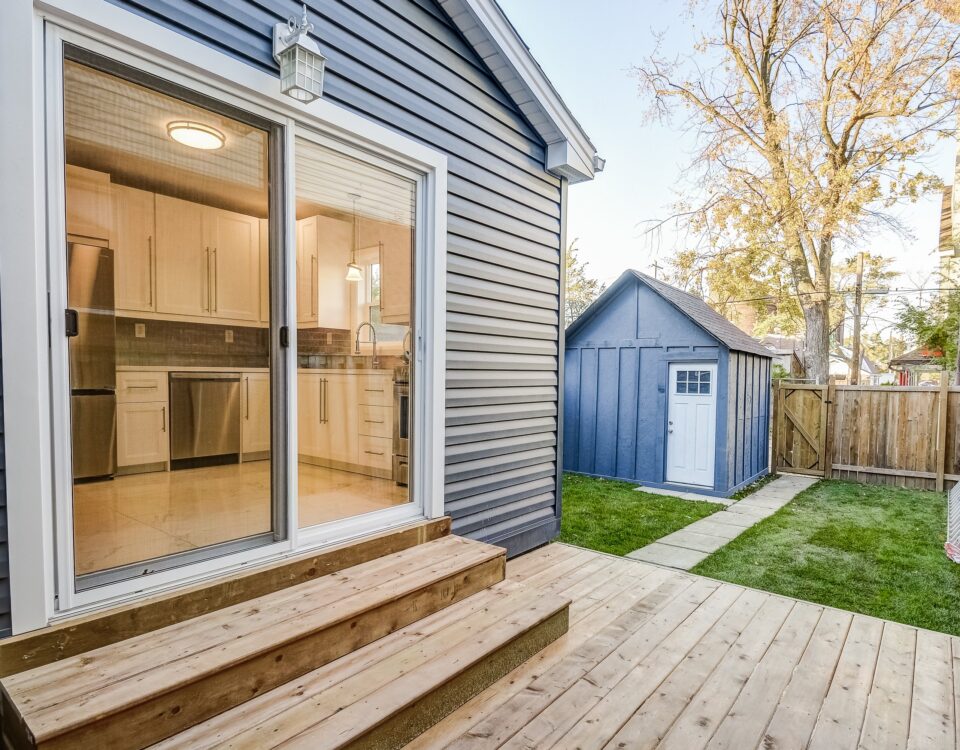
Renovating an Older Home: Challenges and Solutions
22 June 2023
Maximizing Small Spaces: Tips for Home Construction and Renovations
22 June 2023Embarking on a home renovation project can be an exciting endeavor. While some homeowners choose to hire professionals for their renovations, others opt for the do-it-yourself (DIY) route. DIY home renovations offer a sense of accomplishment and potential cost savings. However, it’s important to weigh the pros and cons before deciding if it’s the right approach for you. In this blog post, we will explore the advantages and disadvantages of DIY home renovations to help you make an informed decision.
Pros of DIY Home Renovations
1. Cost Savings: One of the most significant advantages of DIY renovations is the potential cost savings. By taking on the tasks yourself, you can eliminate labor costs and potentially save a significant amount of money.
2. Control and Flexibility: DIY renovations allow you to have complete control over the project. You can set your own schedule, make design decisions, and work at your own pace. This flexibility can be particularly appealing for homeowners who want to personalize their space.
3. Skill Development: Taking on a DIY renovation provides an opportunity to learn new skills and expand your knowledge. From basic carpentry to plumbing or electrical work, you can develop valuable skills that can be applied to future projects.
4. Sense of Accomplishment: Successfully completing a DIY renovation project can give you a great sense of pride and accomplishment. Seeing the transformation of your home and knowing that you were responsible for it can be incredibly rewarding.
Cons of DIY Home Renovations
1. Time and Effort: DIY renovations require a significant investment of time and effort. Depending on the complexity of the project, it may take longer than anticipated. Balancing work, family, and other commitments can become challenging when juggling a renovation project.
2. Lack of Professional Expertise: Unless you have prior experience or knowledge in construction and renovation, you may lack the expertise that professionals bring to the table. This can lead to mistakes, subpar workmanship, and potential safety hazards.
3. Limited Resources and Tools: DIY renovations may be limited by the resources and tools you have available. Renting or purchasing specialized equipment can add to the overall cost of the project.
4. Stress and Decision-Making: Taking on a DIY renovation can be stressful, particularly if you encounter unforeseen challenges or decision-making dilemmas. Without the guidance of a professional, you may struggle to make informed choices or navigate complex situations.
5. Lack of Warranty or Insurance: When you hire professionals, they often provide warranties for their work. With DIY renovations, you may not have the same level of protection. If something goes wrong or if there are future issues related to your renovation, you may be solely responsible for the repairs and associated costs.
DIY home renovations can be a fulfilling and cost-effective way to improve your living space. The sense of accomplishment and potential cost savings are enticing factors. However, it’s important to consider the time, effort, and expertise required, as well as the potential risks and limitations. Assess your own skills, the scope of the project, and your comfort level with DIY work before deciding. For complex or extensive renovations, it may be advisable to consult professionals who can provide expertise, save time, and ensure high-quality results. Ultimately, finding the right balance between DIY and professional assistance will help you achieve your renovation goals and create a home you can be proud of.





